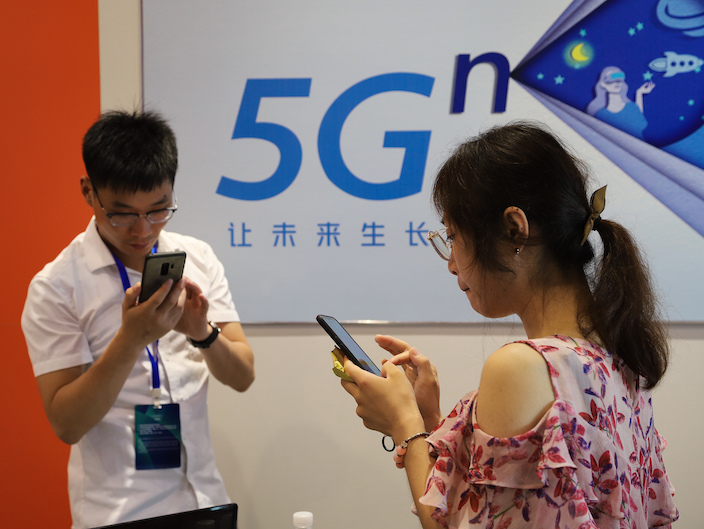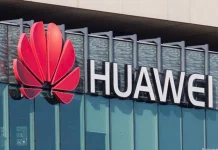China’s smartphone market has been on a slight decline for the past three years. But according to a new report, the speculated market forecast shows that it could show a growth of 0.7 percent in 2020 thanks to the emerging 5G smartphone market.
Multiple reports have so far suggested that 5G handsets will be more affordable next year. These devices will be the catalysts that recover the declining Chinese smartphone market growth. Reportedly, more than 20 percent of 5G devices that will be available in 2020 will be sold for less than 2,000 Yuan or roughly 285 US Dollars, according to IDC (International Data Corporation).

The newer and faster networking bandwidth is said to bring a positive effect on the entire smartphone industry, according to Wang Xi, an IDC China research manager that specializes in the Chinese smartphone market. Furthermore, the IDC reported that 5G smartphones will see an increase in shipments next year and will account for about 14 percent of total mobile shipments globally. This far exceeds the 1.3 percent share that 4G smartphones had in 2010 when the bandwidth was then introduced.
Editor’s Pick: Disputes over Huawei security threats leads to Czechs Cybersecurity Chief being fired
Many nations, especially developed countries like the US, China, and other European regions, are currently in a race to integrate 5G networks; for reasons that include, but are not limited to, faster data rates, reduced latency, energy efficiency, and massive device connectivity. China is expected to be at the forefront of this advancement towards 5G services with an estimated 5G userbase of a massive 600 million people by 2025.

While commercially successful and a dominant player in 5G, or fifth-generation networking technology, Huawei has faced political headwinds and allegations that its equipment includes so-called backdoors that the U.S. government perceives as a national security. U.S. authorities are also seeking the extradition of Huaweis Chief Financial Officer, Meng Wanzhou, to stand trial in the U.S. on fraud charges. Meng is currently under house arrest in Canada, though Huawei maintains the U.S. case against her is purely political. Despite the U.S. campaign against the company, Huawei is determined to lead the global charge toward adopting 5G wireless networks. It has hired experts from foreign rivals, and invested heavily in R&D to patent key technologies to boost Chinese influence. (Photo by Kevin Frayer/Getty Images)
Additionally, Chinese telecoms like Huawei are one of the leaders in supplying 5G infrastructure. Although the company is currently facing numerous setbacks in western regions like the US and Europe, it still is ahead of other companies in terms of 5G networking.
It is estimated that China has over 800 million internet users that access videos, movies, play games and much more via 4G smartphones. Thus the nation can be accurately summarized as having one of the biggest potentials in 5G growth.
UP NEXT: Xiaomi launches Mi Step Out Backpack and Mi Protective Glass in India
(Via)







